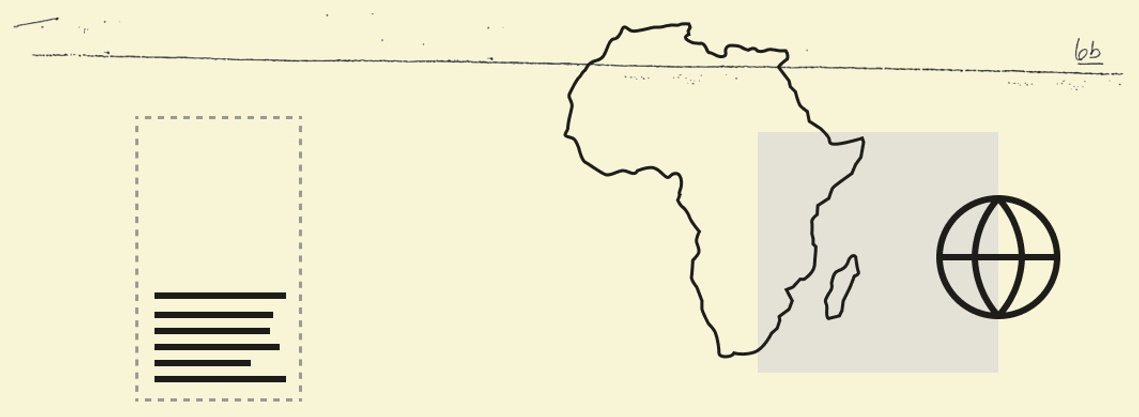 Governance Florence Lo/Reuters Florence Lo/Reuters🇹🇿 Tanzania’s President Samia Suluhu Hassan ordered a probe into abductions of political figures ahead of next year’s elections, following the kidnap and murder of a senior member of the main opposition Chadema party. 🇬🇭 A group of Ghana’s commercial creditors including BlackRock and Abrdn said last week that they had agreed to the government’s offer to exchange about $13 billion of eurobonds for restructured notes. 🇿🇼 Zimbabwe’s state-owned railway operator has opened its network to private companies, including a unit of South Africa’s Grindrod, to boost freight volumes after decades of underinvestment. Energy🇳🇬 Nigeria’s oil regulator on Friday granted UTM Offshore the country’s first license to operate a floating liquefied natural gas plant. Geopolitics🇷🇼 A German official said the European Union could use Rwanda’s existing asylum facilities in a plan to send refugees and migrants crossing the EU’s eastern borders to the East African nation. Tech🇿🇼 Internet provider Starlink launched in Zimbabwe, the 11th African country in which the Elon Musk-owned operator is available. 🇿🇦 South Africa’s telecom operators’ investments in 5G has led to a 30% increase in download speeds this year, according to research firm Opensignal. 🇳🇬 Nigerian fintech startup Thepeer completed a shutdown process by returning 17% of the $2.1 million it had raised from investors in 2022. Deals 🇰🇪 A Nairobi court temporarily suspended a proposal by Indian conglomerate Adani Enterprises to take control of Kenya’s largest airport in a 30-year lease. Those challenging the bid described it as “irrational”. 🇳🇦 The Namibia Power Corporation signed a contract with China Jiangxi International and Chint New Energy to build a 100 megawatt solar power plant within the next 18 months. 🇿🇦 South Africa’s Land Bank, which lends to farmers, reached a “comprehensive agreement” with its members to resume paying off its debt of about 16 billion rand ($895 million). 🇿🇦 South African gold miner AngloGold Ashanti will acquire Centamin, owner of Egypt’s largest gold mine, in a $2.5 billion stock and cash deal. |